Grassroots democracy
Jeffrey Stout *76 critiques government, profiles community organizations that work
Over the past 30 years the socioeconomic gap between the wealthiest Americans and everyone else has grown wider than ever, with a new generation of CEOs who translate astronomical paychecks into political power, according to religion professor Jeffrey Stout *76. The poorest Americans, meanwhile, have become “largely disenfranchised,” said Stout, and often lack even the basics, like paved roads and working restrooms in public schools.
President Obama hasn’t helped matters, Stout writes in Blessed Are the Organized: Grassroots Democracy in America, published by Princeton University Press in December. Even though Obama worked as a community organizer, Stout argues, he has shown little responsiveness to the American public and let longtime Democratic party elites run the show.
But Stout’s message is not one of gloom and doom. Blessed Are the Organized blends theoretical analysis with on-the-ground reporting, showing both the problems in American democracy as lived by its poorest citizens, and what community groups are doing to fight back.
Researching the book, Stout visited grassroots community organizations from New Orleans to Northern California. In Texas, community groups pressured politicians in the 1980s and 1990s to bring roads and sewage facilities to shantytowns along the Mexican border, stopping the spread of diseases more often found in developing countries, like hepatitis C and tuberculosis. In Los Angeles, local groups fought to end a program in which police regularly pulled over Latino drivers and impounded the cars of undocumented immigrants for 30 days, leaving the drivers with overwhelming debts and no way to get to work. After Hurricane Katrina, community groups campaigned to extend cell-phone service contracts so that evacuees could keep in touch with family members spread out across the map.
“Seeing these people doing the work on the ground at the local and state level gives me hope” that government entities and big businesses can be held accountable to the average person, said Stout, who sees his book as a form of activism.
What makes the community groups in Stout’s book succeed is that they employ professional organizers with a commitment to building from the bottom up and listening to residents’ concerns. When paid community organizers start working in a new place, they meet with residents to see what concerns surface before deciding what to focus on. The organizers “function as coaches, advisers, and trainers,” Stout explained, but most of the work is carried out by volunteers.
Another key is the church. In the “poorest of the poor” communities, the church is often the only institution that works, Stout said. Bringing about social change without it is basically impossible. “The whole set of issues surrounding church and state look different from the bottom up,” he said.
While community groups have been successful at the local level, creating social change on a national scale has been harder, Stout said. He described Obama’s nod to grassroots democracy — the group Organizing for America — as just a “retooled” version of the president’s campaign machine.
In Economic Lives: How Culture Shapes the Economy (Princeton University Press), a collection of previously published essays written over the last 30 years, sociology professor VIVIANA A. ZELIZER explores ways in which economics affects our daily lives in areas ranging from the life-insurance industry to corporate ethics and marriage. ... Sociology professor ROBERT WUTHNOW focuses on the Midwest, where he grew up, in Remaking the Heartland: Middle America since the 1950s (Princeton University Press), which examines the region’s social transformations over the last five decades and its reinvention throughout the years. ... Against the backdrop of the French expedition in 1840 to retrieve Napoleon’s body from the island of Saint Helena, two men and a woman are engulfed in a dangerous affair that begins in passion and ends in politics. That is the story in The Emperor’s Body (W.W. Norton), a novel by PETER BROOKS, a lecturer with the rank of professor in comparative literature. ... In Michelangelo: A Life on Paper (Princeton University Press), LEONARD BARKAN, a professor of comparative literature, looks at the role the written word played in the artist’s work by examining more than 200 of Michelangelo’s private papers — sketches, marginal notes about his works of art, memos to assistants and pupils, poetry and letters, and notes to himself. ... In Romain Gary: A Tall Story (Harvill Secker), DAVID BELLOS, a professor of French and Italian and comparative literature, explores
the complex identity of novelist, diplomat, war hero, and celebrity spouse Romain Gary.


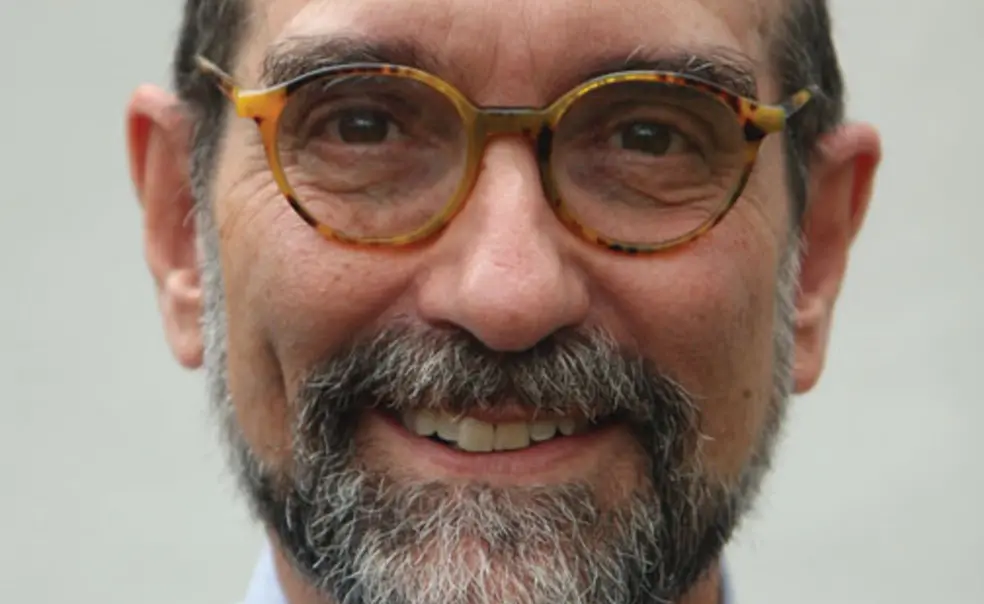
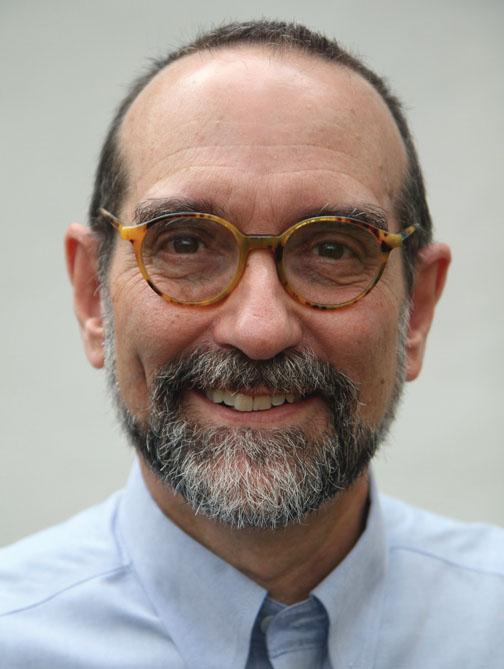
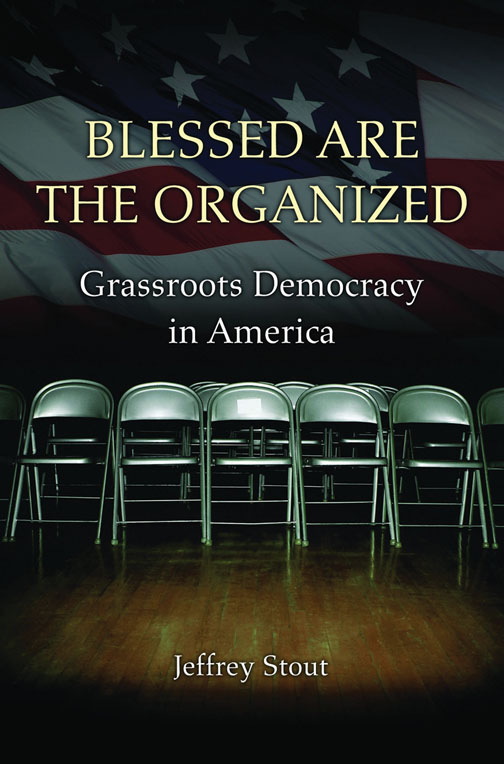
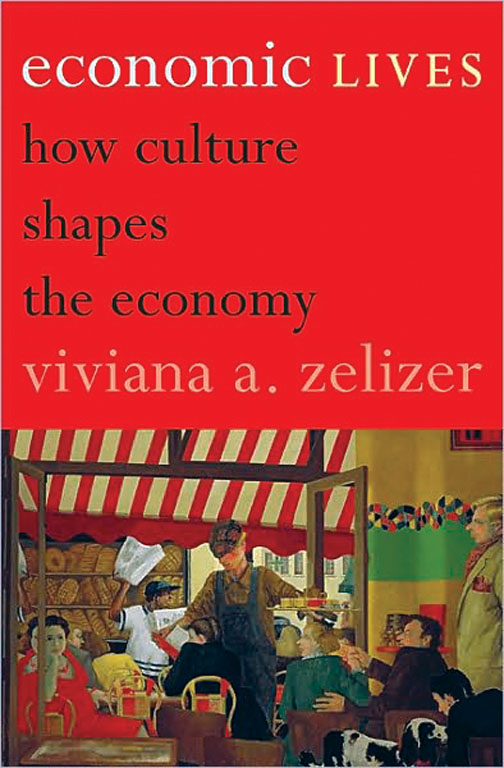
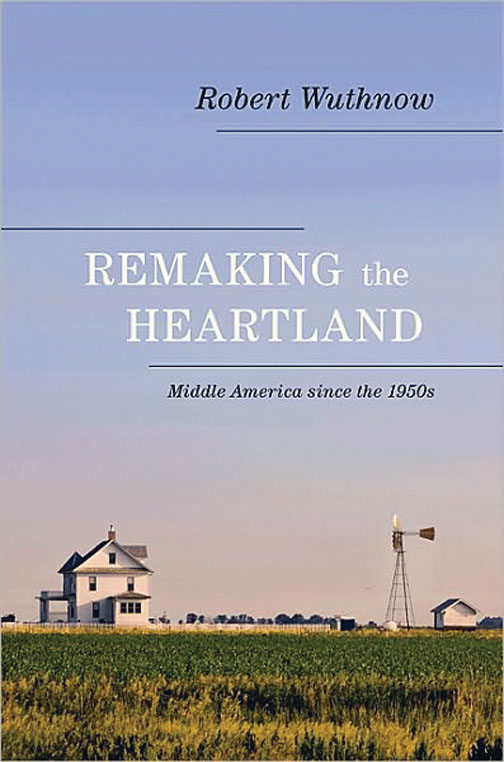
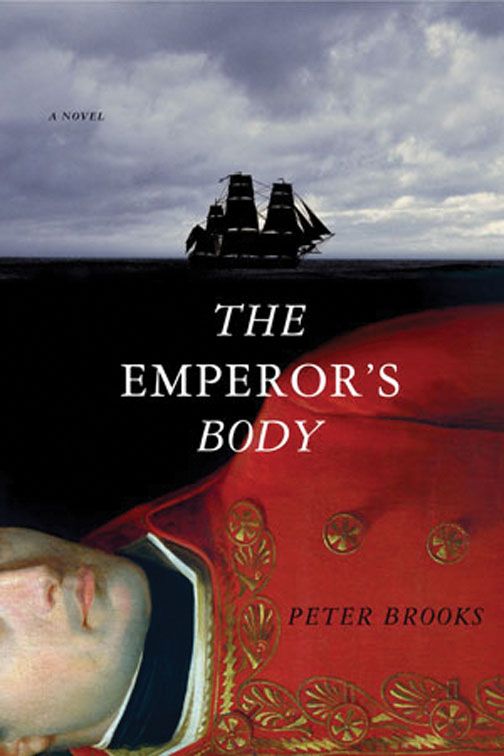
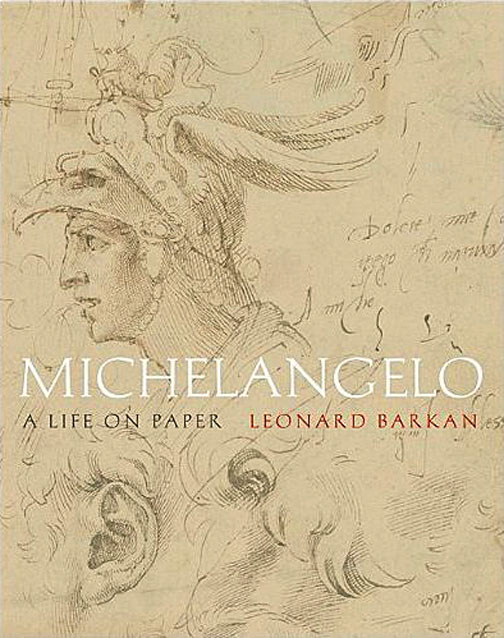
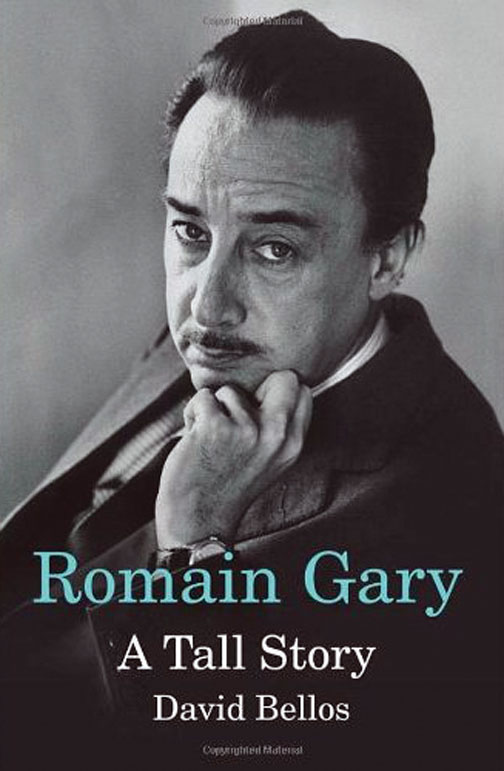









No responses yet